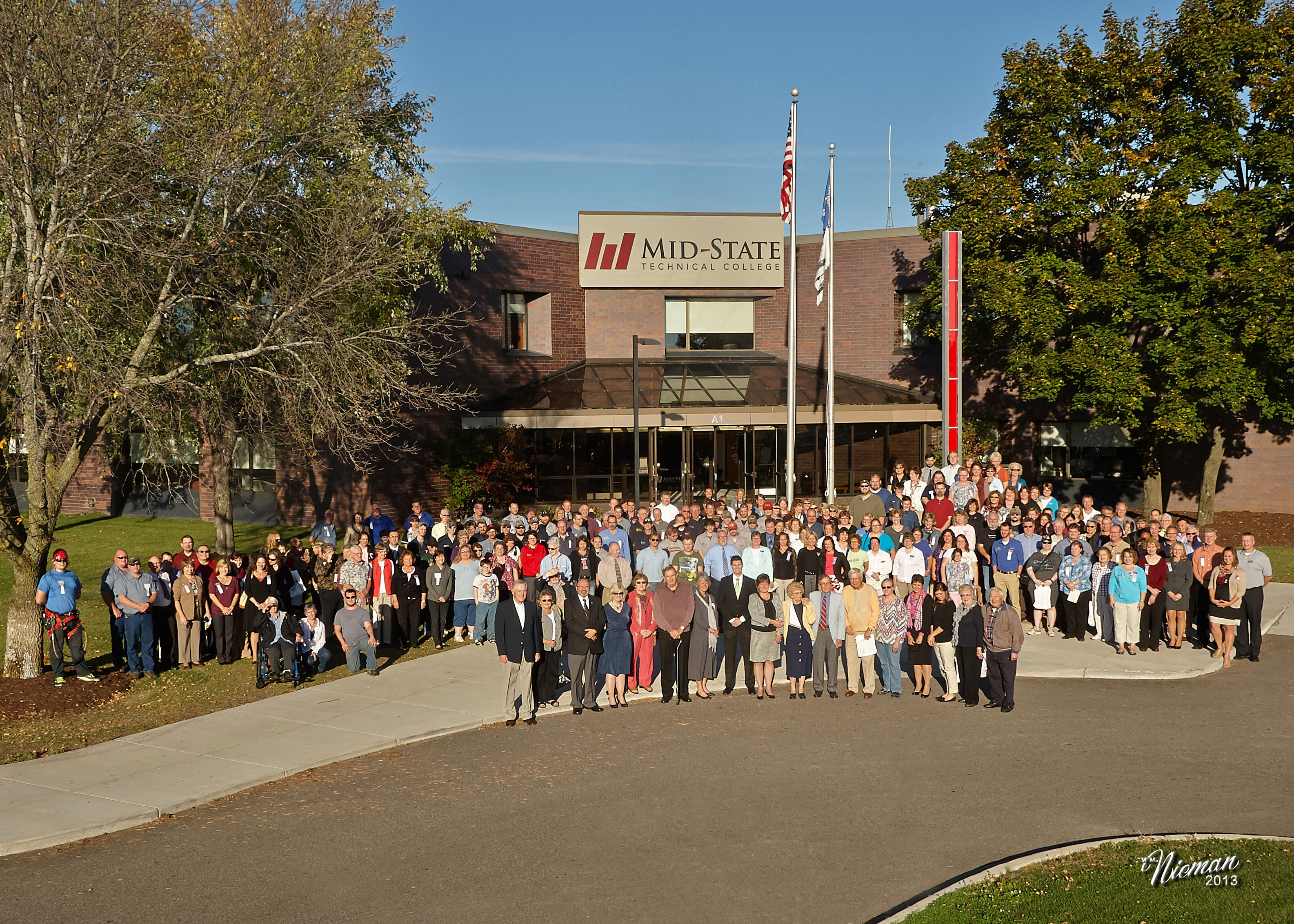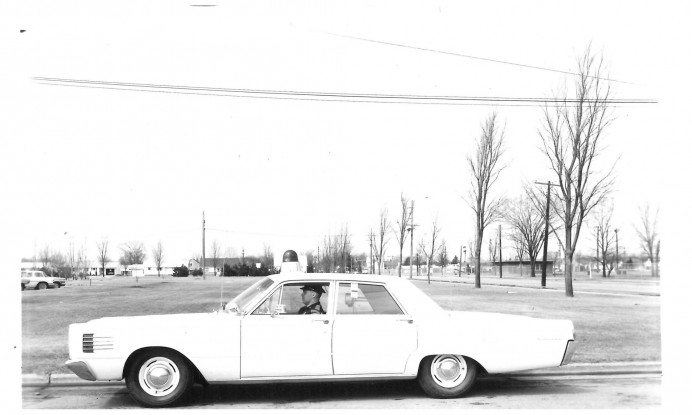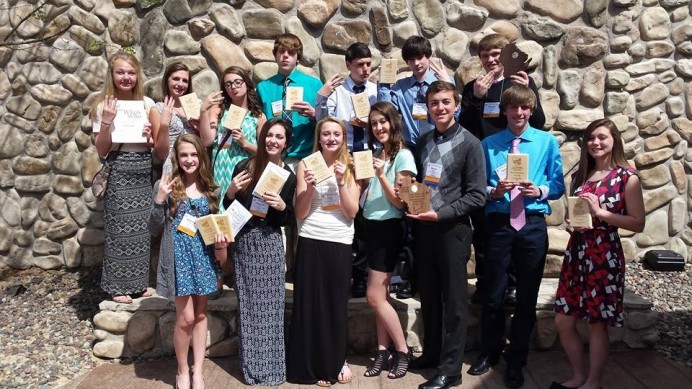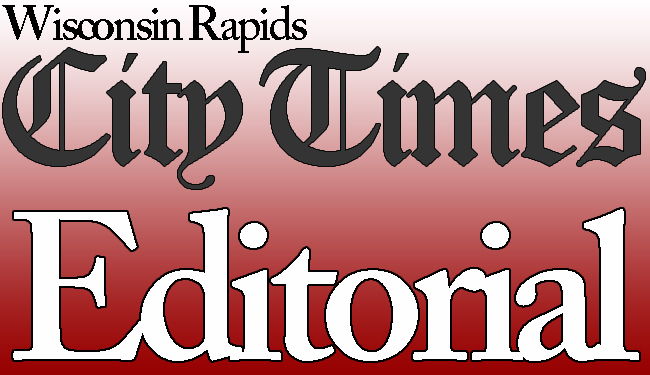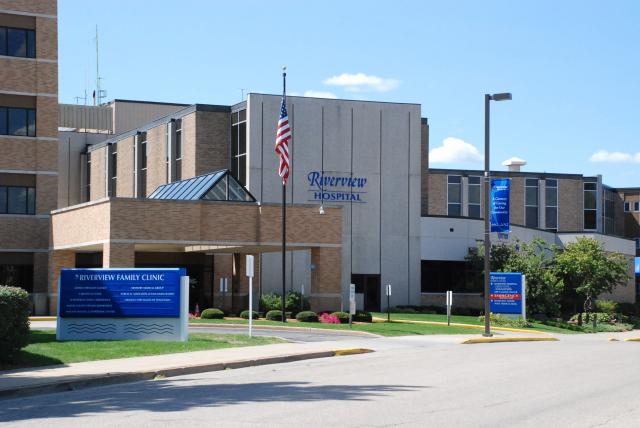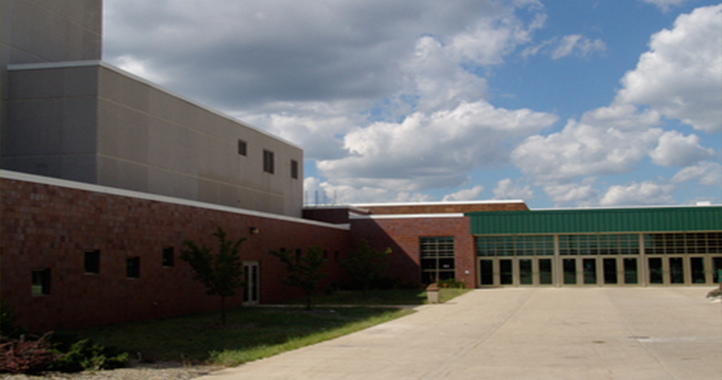How Walker’s Budget Could Impact Wisconsin Rapids
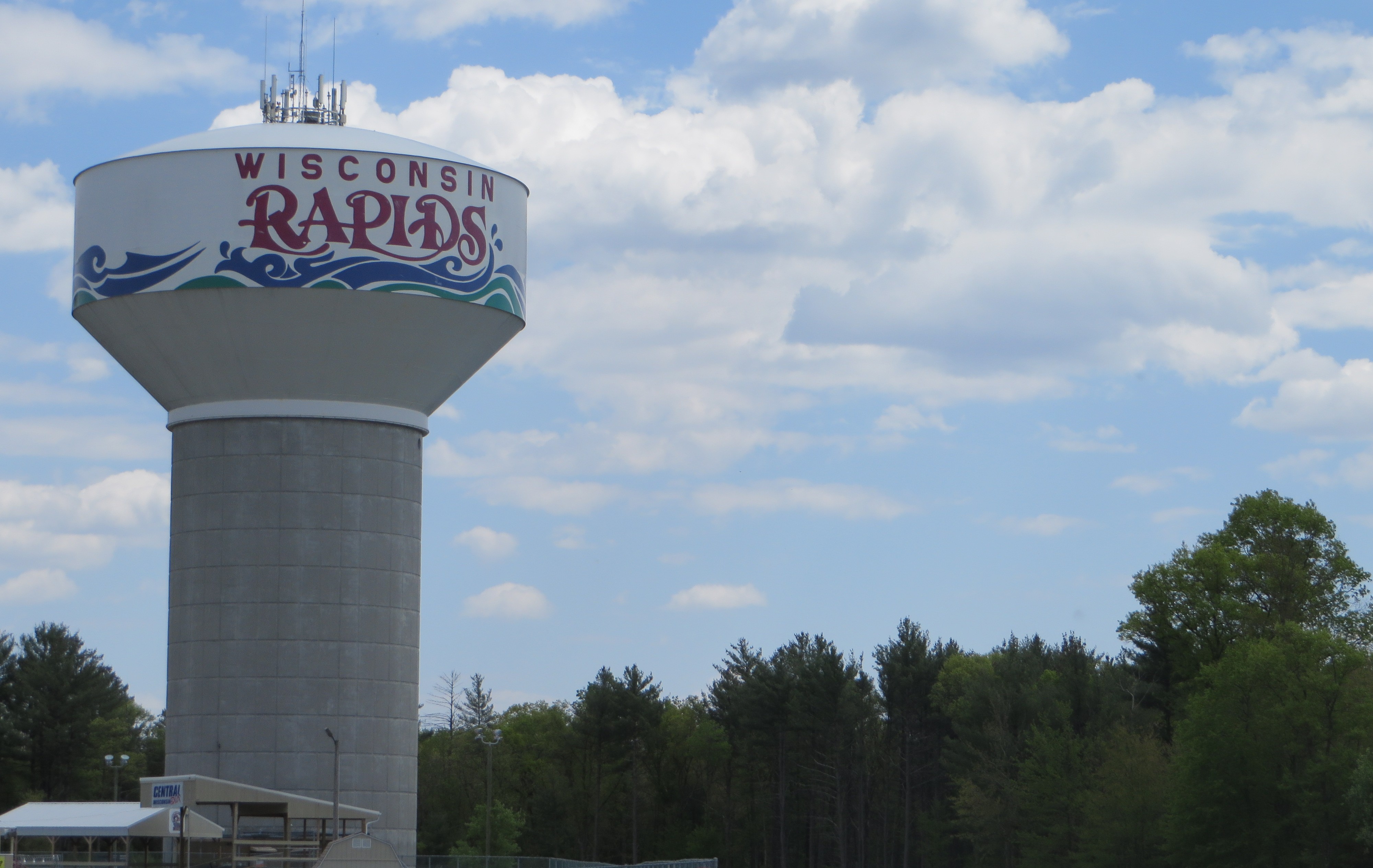
By Joe Bachman
Public education, transportation, and groundwater — local concerns that carry weight in Governor Scott Walker’s proposed 2017-19 state budget.
While much of the legwork may have been done in Madison, Walker’s state budget reaches into rural areas of Wisconsin on a variety of issues. Local representatives weighed in on a few of these that could impact the area.
On the proposed increase of school funding —
On Feb. 8, Gov. Walker unleashed a proposal for a $76 billion budget that would increase spending by over four percent over the next two years. While Walker included nearly $600 million in tax cuts and welfare reform, he surprised some in both parties with a $649 million increase in K-12 school funding, a tuition freeze on technical colleges, and a $10.2 million increase on need-based financial aid.
However, this move comes six years after issuing substantial cuts to public schools and the UW-System. According to 71st District Representative Katrina Shankland, (D-Stevens Point) over the past six years public schools have lost over $1 billion, and from 2015 to 2025, about $800 million could be taken out of public schools and put into private voucher schools.
“A large portion of this new money is being distributed through per-pupil aid,” said Shankland. “What that does is treat all schools the same when we know there are some schools, especially in the 72nd, where they may have high property value, but they actually have a low per capita income — the per-pupil aid doesn’t account for that.”
Shankland would like to see new money to be targeted through the school funding formula and equalization aid that distributes school funding based on different circumstances, and income levels.
“Most of the suburban school districts that are already doing great will continue to do great under this proposal,” said Shankland. “The rural schools are the ones who will lose out, so I want to make sure this aid is distributed in a fair way.”
Mid-State Technical College President Sue Budjac sees the increase in school funding, as well as the tuition freeze as an opportunity for technical colleges like MSTC in the region, but will monitor the details of the proposed budget going forward.
“We appreciate the Governor’s investment in education, as it will help us meet current and future workforce needs,” said Budjac. “We continue to analyze the details of his proposed budget and the impact it could have on Mid-State Technical College and our students.”
Representative of the 72nd District Scott Krug (R-Nekoosa) remains positive that the budget will help K-12 schools, citing it as the biggest increase for K-12 funding in state history. Krug also touches up on other important issues that impact the region.
“The Governor’s budget hits on several issues that I have been promoting and working on this session,” said Krug. “It has the biggest increase in funding for K-12 in state history, works to solve many of the problems with our public benefit programs so we can reduce waste, fraud and abuse and specifically recognizes the concerns with groundwater and surface water with increased investments.”
On moving CAFO authority to Department of Agriculture —
Speaking of groundwater, the hot button issue of concentrated animal feeding operations (CAFO’s) has gained traction over the past couple of years. According to Walker’s budget, the authority over CAFO’s would transfer from the Department of Natural Resources (DNR) to the Department of Agriculture, even though the DNR is responsible for protecting the state’s water laws.
“If you look at the audit last summer that shows the DNR hasn’t been following its own rules, it’s because the DNR doesn’t have enough staff,” said Shankland. “My perspective, no matter where you put this, is irrelevant if there’s not an appropriate level of staffing — the best way to solve this problem is to fund staffing, and I don’t know that moving it to another agency is the right solution.”
On the proposed transportation budget —
Another local issue is with Wisconsin’s transportation needs, as the budget will seek to borrow $500 million for transportation funding, as well as expected delays to major highway projects. The American Society of Civil Engineers ranked Wisconsin’s roads the fourth worst in the nation.
Krug sees potential improvements that Walker could make in certain areas of the proposed transportation budget.
“Like other budgets I do have concerns — I think we need to improve on the transportation funding components of the budget,” said Krug.
Krug was also vocal about securing funding for Alexander Field and focusing more on local projects in the Wisconsin Rapids area.
“I think as we move forward we need to make sure we secure funding for the Wis. Rapids airport to accommodate the massive growth in traffic coming with Sand Valley’s opening,” said Krug. “Local projects are my favorite thing to work on during state budget time.”
Shankland echoes Krug’s remarks on an improvement for the transportation budget; according to Shankland, mainly due to a high debt services since Walker took office.
“The general target for debt service is 10% of revenue, and we’re going to be at 23% at the end of the next fiscal year,” said Shankand. “We really need to control our debt service, and I’m hoping to find a way to fix our roads soon.”
She also stated concerns for continued funding over farm to school programs as one of the biggest local impacts.
“I’m concerned that this undercuts what we’re so pleased to have in our rural areas, which is the direct connection from farmer to family,” said Shankland. “Eliminating the farm to school funding is really unfortunate, and I hope that’s something we can restore in the budget.”
With such high expectations for not only the larger cities in Wisconsin, but rural and central areas, the budget proposal will face intense scrutiny from both sides of the capitol over the next few months.
“We have spent a great deal of time and effort rebuilding our Central Wisconsin economy and through the state budget process have seen big wins for Central Wisconsin,” said Krug. “I expect nothing less from this budget.”




